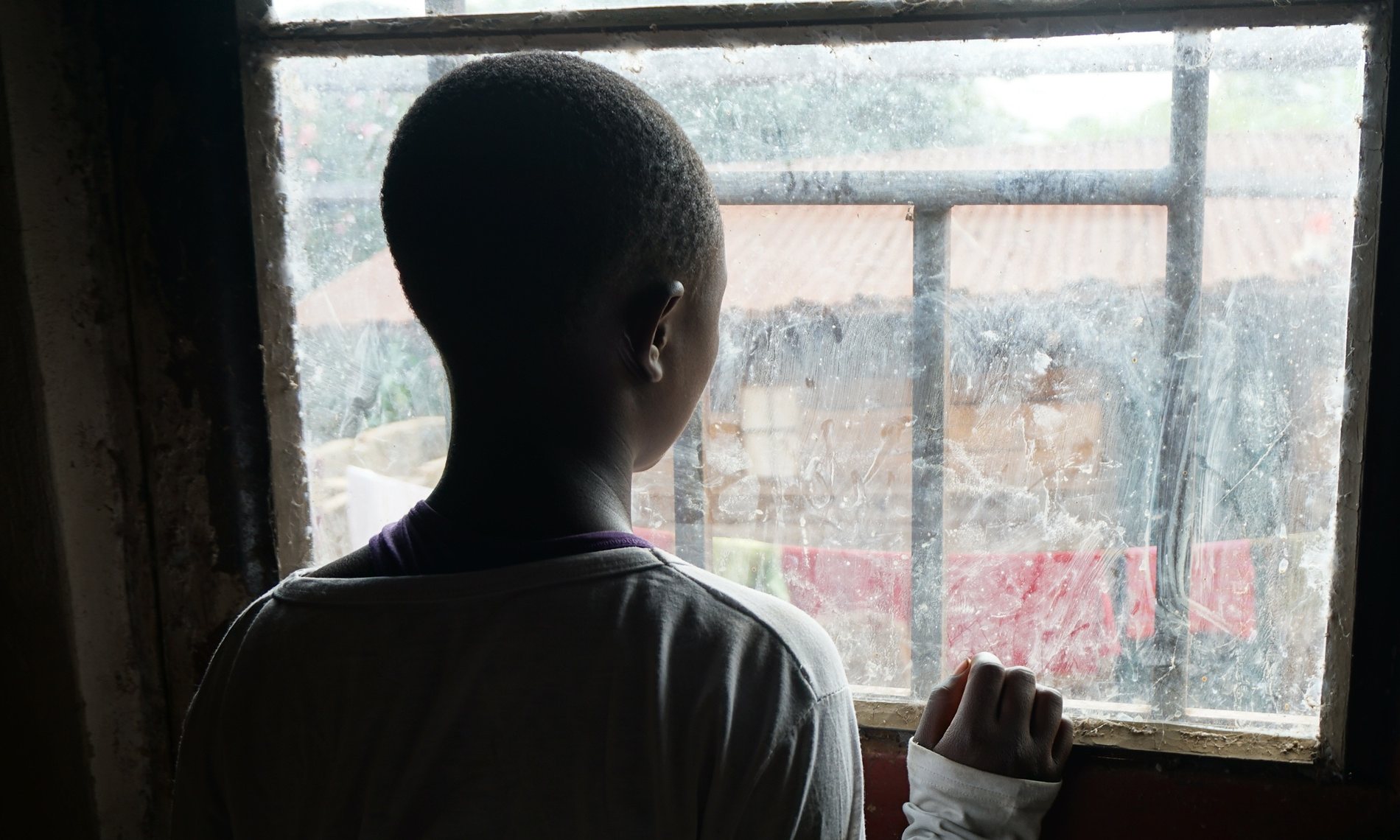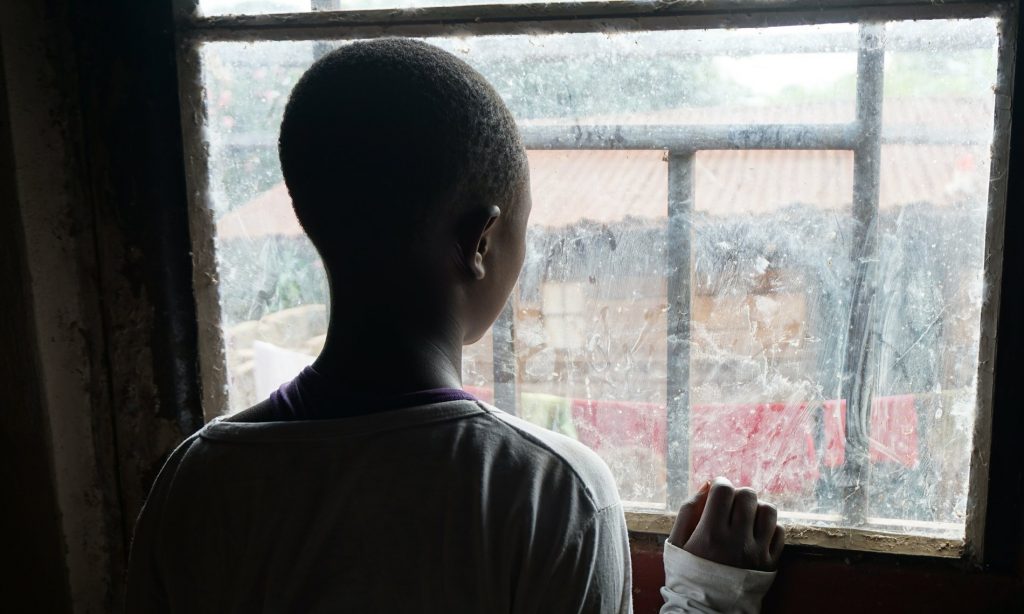Nearly one in five women aged 15 to 49 globally experienced physical, sexual or emotional abuse from a former or current partner or spouse in the previous year
The home is one of the most dangerous places for women, the United Nations said on Tuesday, as research showed only four in 10 countries criminalise marital rape.
A dozen countries allow rapists to avoid prosecution by marrying their victims, UN Women said in its flagship annual Progress of the World’s Women report.
“We have seen great progress on eliminating discrimination against women in laws, however it is no accident that family laws have been the slowest to change,” Phumzile Mlambo-Ngcuka, executive director of UN Women, said in its foreword.

“The shocking pervasiveness of intimate partner violence means that statistically, home is one of the most dangerous places to be for a woman.”
In 2017, nearly 60% of female victims of intentional homicide were killed by a family member, a rate of 137 women killed each day, the report said.
Nearly one in five women aged 15 to 49 globally experienced physical or sexual abuse from a former or current partner or spouse in the previous year, the report also found, describing violence against women as “serious and ubiquitous”.
From Iraq to Malaysia, women are ramping up pressure to abolish marry-your-rapist laws after Tunisia, Jordan and Lebanon scrapped similar articles in 2017.
In more than 50 countries, including the United States, Nepal, Britain and South Africa, it is a crime for a husband to rape his wife, but that is not the case in most of Asia, where campaigners are pushing for legal reform.
Many countries do not collect data on marital rape when not only is it not a crime, but social pressures mean it is rarely reported or discussed.
Marital rape is a particularly sensitive family law issue in Muslim countries, said Marwa Sharafeldin, an Egyptian women’s rights activist, at a launch of the report at U.N. headquarters.
“It is seen as part of the marriage contract, that sexual access,” said Sharafeldin, a member of a global Muslim family law project in Asia, Africa and the Middle East.
Family law governs matters such as women’s right to choose who and when to marry, provides the possibility of divorce and shapes women’s access to family resources, it said, calling for policy reform to better protect women.
“Women and men and children are suffering because of these baseless laws, and society is being held back,” said Sharafeldin. “So it’s not just women.”
A woman being forced to have sex within marriage is not a criminal offence in 58 percent of countries, said Shahrashoub Razavi, the report’s chief researcher.
“This is quite an eye-opener that we still have a long way to go in terms of legal framework,” she told the Thomson Reuters Foundation.

